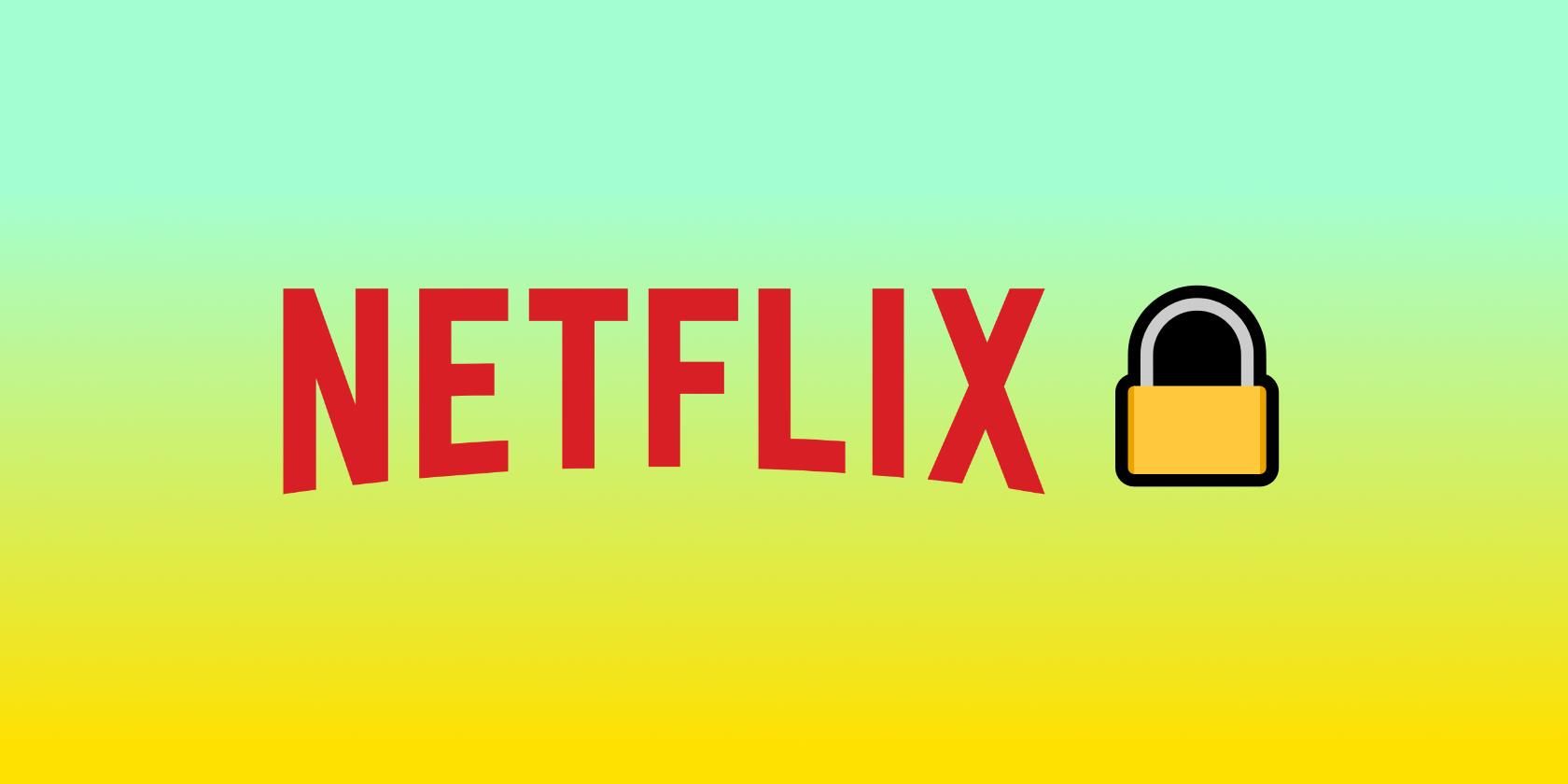It's long been a given that many people share their Netflix account details with other people—friends, family, lovers.
Netflix might start to crack down on that, though. A number of users have reported receiving a reminder that they need their own account if they're using someone else's.
Is Netflix Putting a Stop to Account Sharing?
As first reported by GammaWire, a small portion of Netflix users are receiving a pop-up message that warns against using the account of someone they don't live with.
"If you don't live with the owner of this account, you need your own account to keep watching," the message reads. It then asks you to verify your account through an email or text code.
Of course, if you're using someone else's account, there's nothing to stop you asking your friend or family member for that code. That gets a bit trickier if you don't speak to the account holder anymore.
Alternatively, you can choose to verify later. This removes the message and lets you carry on using Netflix as normal. Whether the message returns at a later date with tighter restrictions is unclear.
In a statement to The Verge, a Netflix spokesperson confirmed the messages are legit and part of a worldwide test:
This test is designed to help ensure that people using Netflix accounts are authorized to do so.
Is It Fair for Netflix to Stop Password Sharing?
While Netflix supports multiple profiles on a single account, these are designed for those in the same household. However, it's not unusual for people to give their details to other people.
It's not an illegal practice, but Netflix's terms do state that you shouldn't share your account with individuals beyond your household.
Regardless, Netflix knows this practice happens. In fact, at CES 2016, Netflix CEO Reed Hastings said that people sharing their accounts was "a positive thing". That's because these people often go on to become paying subscribers.
The fact that Netflix is trialing this warning suggests that the password sharing marketing strategy isn't something the company needs to rely on anymore. Perhaps its data suggests that accounts are being shared too widely, without the sales conversions that used to come with it.
Then again, it might simply just be an additional security layer like Netflix claims it to be. If that's the case, the presence of the "Verify Later" button is questionable. That might be something which gets removed as the tests continue.

